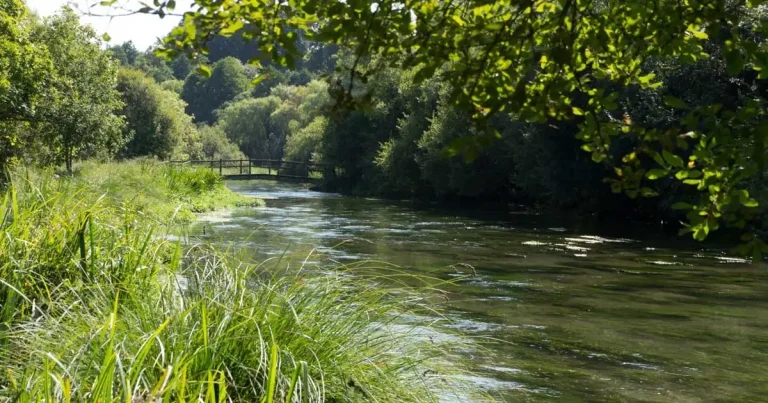22 Jul 2025
Officials say their new roadmap will raise public awareness of the issues linked to flea and tick treatments, assess their impact and consider whether any rule changes are needed.

River Itchen in Hampshire. Image: Philip Enticknap / Adobe Stock
A new plan, which is intended to address the presence of chemicals from flea and tick treatments in UK waterways, has been unveiled today (22 July).
A three-stage process, which could lead to future regulatory changes, has been outlined by the Cross-Government Pharmaceuticals in the Environment (PiE) Group.
Biosecurity minister Baroness Hayman said: “Our new roadmap will develop a better understanding of the impact of flea and tick treatments on the environment, while recognising these treatments play a vital role in pet and human health.”
The new project will primarily focus on two chemicals – fipronil and imidacloprid – whose presence in the environment has been the subject of growing concern and controversy in recent times.
The PiE group, whose members include Defra, the VMD and Environment Agency, plus the Health and Safety Executive, the Medicines and Healthcare Products Regulatory Agency and representatives of the devolved administrations, said it wants to develop a strategy to reduce the environmental impact of pharmaceutical products from human, veterinary, agricultural and non-agricultural sources.
However, in this project’s initial phase, the VMD will work with veterinary professionals and industry groups to raise awareness about the appropriate use and disposal of flea and tick treatments.
A medium-term evidence-gathering phase will then seek to build what the PiE group, described as a “comprehensive understanding” of the chemicals’ environmental impact and the potential consequences of any changes in usage patterns.
The third stage, described as “long term”, includes a pledge to support a review of international guidelines and moves to “consider future regulatory approaches” for the reduction of environmental risks.
VMD chief executive Abigail Seager said: “This roadmap represents an important step forward in ensuring that the benefits of effective parasite control are maintained while taking necessary actions to reduce environmental risks.
“It reflects our commitment to an evidence-based approach, working closely with partners across government to protect both animal health and the environment.”
Environment Agency chemicals manager Kelly Short added: “By improving public awareness, building the evidence base and working together to assess environmental risks, we can take meaningful action to protect our water environment and the wildlife that depends on it.”